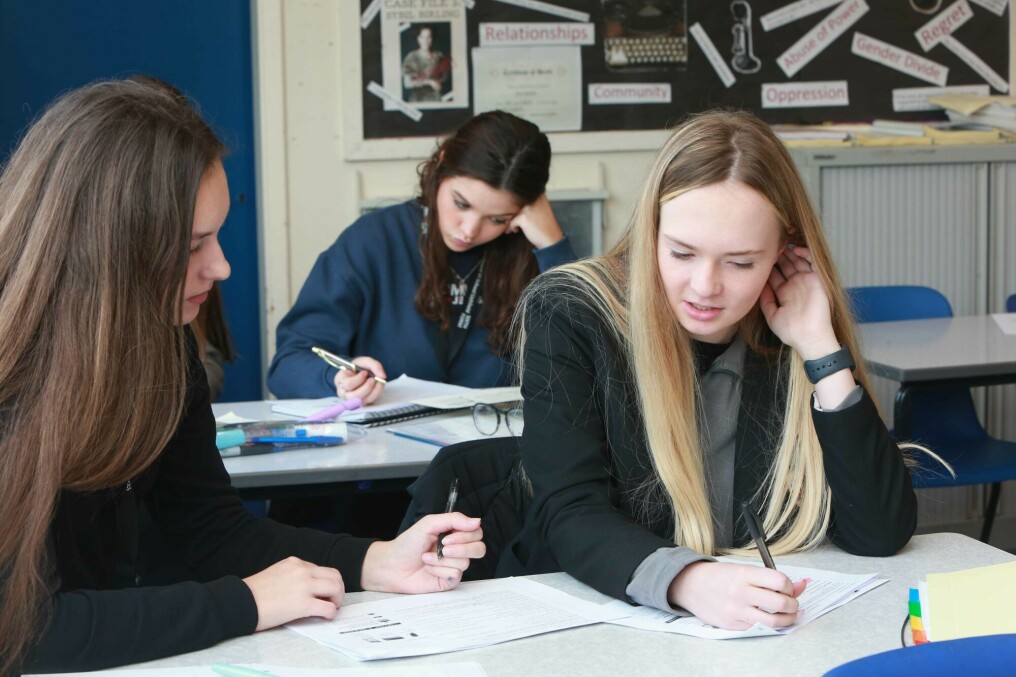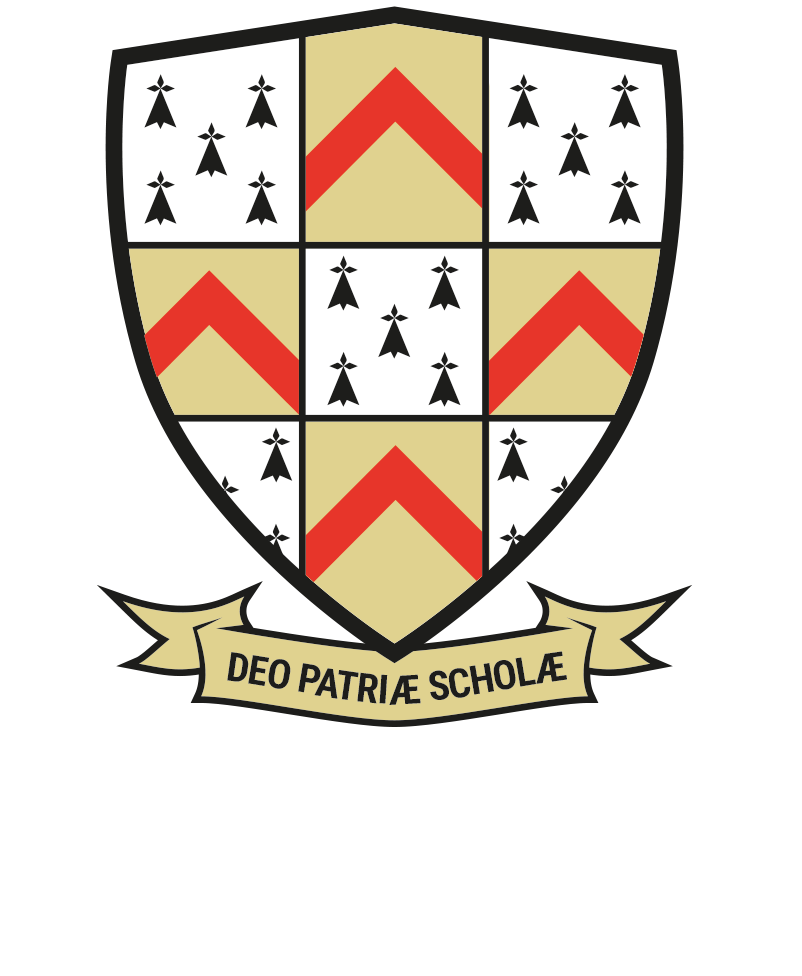Business, Economics and Accounting
Curriculum Overview
overall intent
In an increasingly globalised world, where business is conducted across international borders, and where many of the jobs of the future will be within industries that do not yet exist (and the technology to be used has not yet been invented) the aim of business education today is to equip students with the knowledge, skills, and flexibility, to help them navigate a life-long working career in an ever-changing world.
At King Edward VI School, Lichfield the aim of the Business, Economics and Accounting Department is to develop young people who can:
- Develop the language and skills to be successful entrepreneurs / employees / consumers
- Understand their place in, and their impact on, the local, national and global community
- Identify where and how they can have a positive impact on the wider community around them
The ultimate goal is to support students to both understand their role as global citizens and to enable them to be the business leaders of the future.

Embedding literacy
Understanding the language of business is key to success. Whilst students are continually exposed to business terminology on a daily basis – whether that be: in their daily interactions with businesses as consumers; more generally via the use of business language on TV / cinema / radio; or more specifically via targeted marketing through social media – this can often lead to misunderstanding / misinterpretation, especially when the use of business language by non-specialists in the media is often incorrect (and meaning is often inferred). Literacy skills in business are core to the delivery of the subject with key term definitions and contextual examples being the foundation of understanding. This is then built on to enable students to develop logical and structured arguments based on varied business case studies. Modelling by staff (both verbally and written) supports students to develop their language skills and when this is combined with effective questioning, structured writing plans and exemplar written answers, enables students to develop their “disciplinary” literacy skills in the subject.
Numeracy skills are also fundamental to success in business. Whilst all students have usually been taught (via their mathematics lessons) the technical numeracy skills and techniques required in business, the ability to apply these to the contextual case studies used in business is a difficult skill for students to develop. As numeracy is integral to the business course, it is important these skills are embedded in student learning. Regular repetition of the same numeracy skills (across different business context) combined with gradual development of the techniques used over the two years of the course support numeracy development, whilst analysis of numerical data leading to supported written arguments by students, reinforces understanding as well as the importance of both literacy and numeracy skills in the subject.
Encouraging independence
Students are encouraged to use their own personal experiences to help contextualise their understanding of the Business theory covered. The emphasis on students to explain the rationale behind their views to support their arguments (and the recognition that in business there is often not one right answer, but instead multiple possible correct approaches dependent on how they are implemented) encourages students to have confidence in / and express their own views. In addition, use of a wide range of business case studies (as well as the diverse business experience that teaching have and refer to in lessons) helps students relate to the subject and identify areas of business that specifically interest them.
Enrichment
The business course opens up many different enrichment opportunities. Trips to businesses (including trips abroad) as well as guest speakers help to widen students’ appreciation of the subject. In addition, students have the opportunity to follow the annual Young Enterprise programme (where the school has twice made the national finals with one group going on to the European finals).
Structure
Delivery of the Business course is focused on developing students’ knowledge of the theories and business models that make businesses successful, as well as exposing students to the varied and diverse real world examples of businesses ranging from;
- Small local businesses to world-wide global companies
- Providers of 'basic' goods and services to 'new' technology start-ups
- Profit maximising organisations to 'third sector' social enterprises and charities
The structure of the GCSE Business course is based on the ten unit Edexcel GCSE qualification with the order of delivery chosen to support logical progression, whilst at the same time fitting in with the school curriculum plan. Assessment is continual throughout the course and comes in the form of formative assessment based on teacher assessment and student self and peer assessment, as well as end of unit assessments that act as both summative progress measures and formative feedback to identify future areas of development (all using the “WWW” and EBI” model).
Staff
The following members of staff form the Business, Economics and Accounting department at King Edwards:
| Staff Member | Job Title |
|---|---|
| Mr C Chambers | Head of Department |
| Mrs L Hurn | Deputy Headteacher and Teacher of Business |
| Miss R Baggott | Teacher of Business and Economics |
| Mrs C Cusack | Teacher of Business |
| Mr J Noakes | Teacher of Business |
| Mr N Turner | Teacher of Business, Economics and Accounting |

